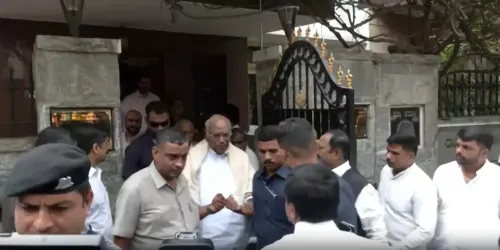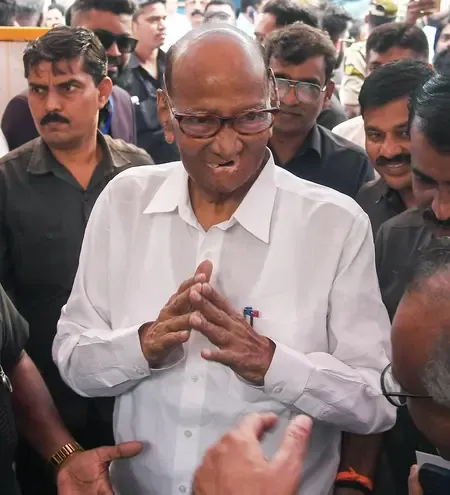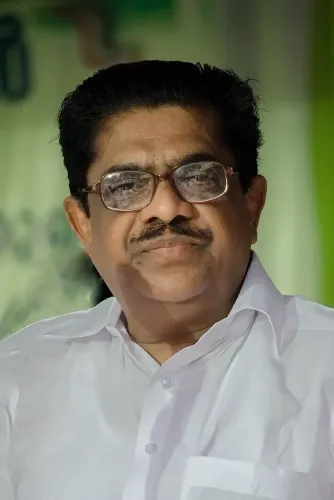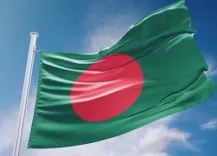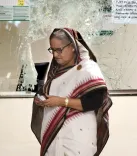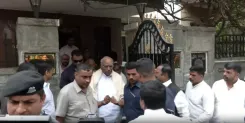Is a Cold Wave Sweeping Through J&K? Srinagar Hits Record Low of Minus 4.4 Degrees Celsius
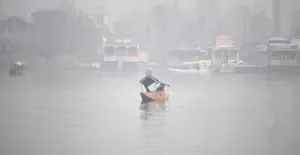
Synopsis
Key Takeaways
- The temperature in Srinagar has dropped to minus 4.4 degrees Celsius.
- A cold wave is gripping Jammu and Kashmir, impacting daily life.
- Winter vacations for schools will begin soon.
- Residents are adopting traditional methods to stay warm.
- 'Chillai Kalan' is set to begin on December 21.
Srinagar, Nov 27 (NationPress) The temperature in Jammu and Kashmir has plunged dramatically as a severe cold wave envelops the region. Srinagar recorded a chilling minus 4.4 degrees Celsius, marking the coldest night of the season thus far.
Officials from the Meteorological Department reported that the cold wave's grip on Jammu and Kashmir remains strong, with temperatures dropping to minus 4.4 degrees in Srinagar, minus 1 degree in Gulmarg, and minus 5 degrees in Pahalgam.
In Jammu city, the temperature was measured at 8.7 degrees, Katra at 8.5 degrees, Batote at 4 degrees, Banihal at minus 1.5 degrees, and Bhaderwah at 0.4 degrees on Thursday.
The Meteorological Department indicates that dry weather is expected to persist until December 10, with temperatures likely to drop further during this timeframe.
As nighttime temperatures fall well below freezing in the Valley, a feeble winter sun rises, offering little warmth to those venturing outside in the early morning.
Children are facing challenges waiting for buses in the frigid morning cold.
In response, authorities have announced that winter breaks for students up to the 8th grade will commence on December 1, and for grades 9 to 12, on December 11.
Residents have begun to don the traditional winter garment of Kashmir known as the 'Pheran', a woolen overcoat. In rural areas and various urban locales, people utilize earthen firepots woven from willow, filled with live coals, to shield themselves from the biting cold.
The harsh winter season, referred to as 'Chillai Kalan', will begin on December 21 and last until January 30 each year.
During this cold snap, water bodies in the Valley often freeze, and residents must contend with frozen taps each morning.
The temperature difference between day and night narrows significantly during Chillai Kalan, with nighttime lows reaching between minus 5 to minus 7 degrees Celsius, while daytime highs seldom reach double digits.

